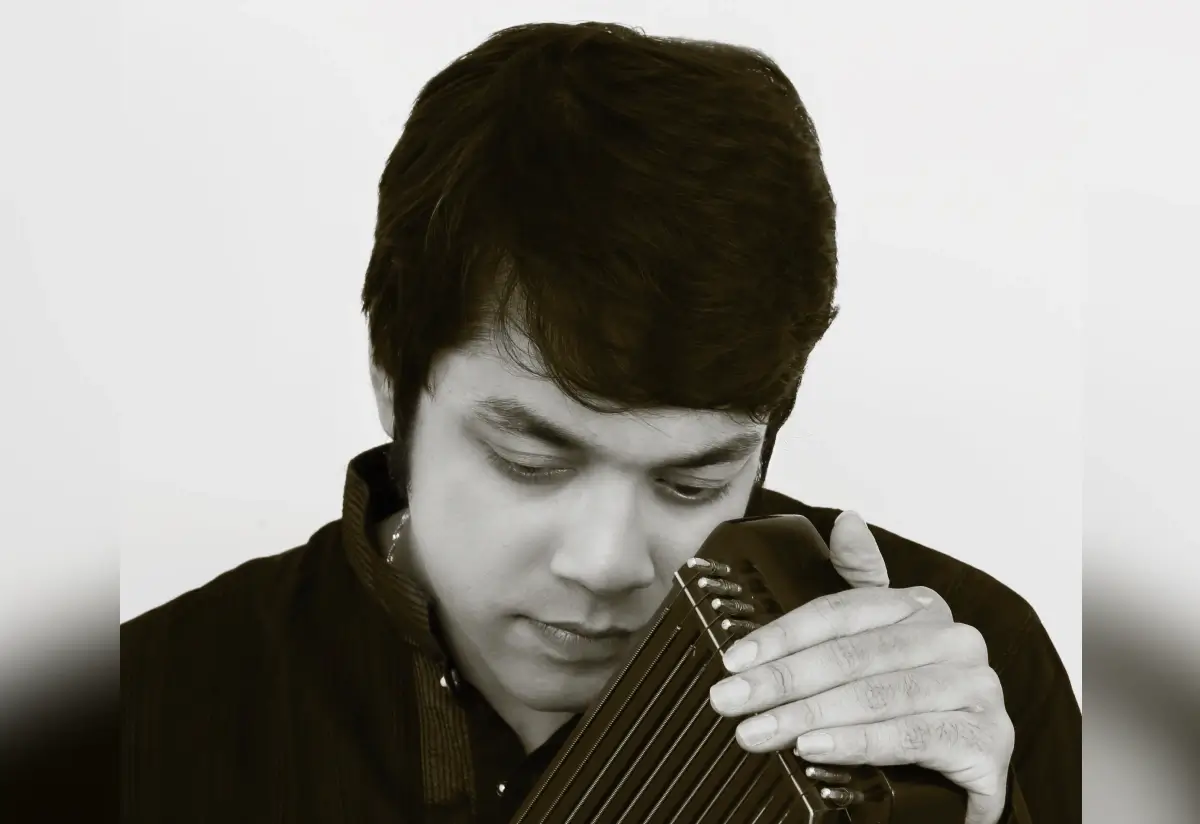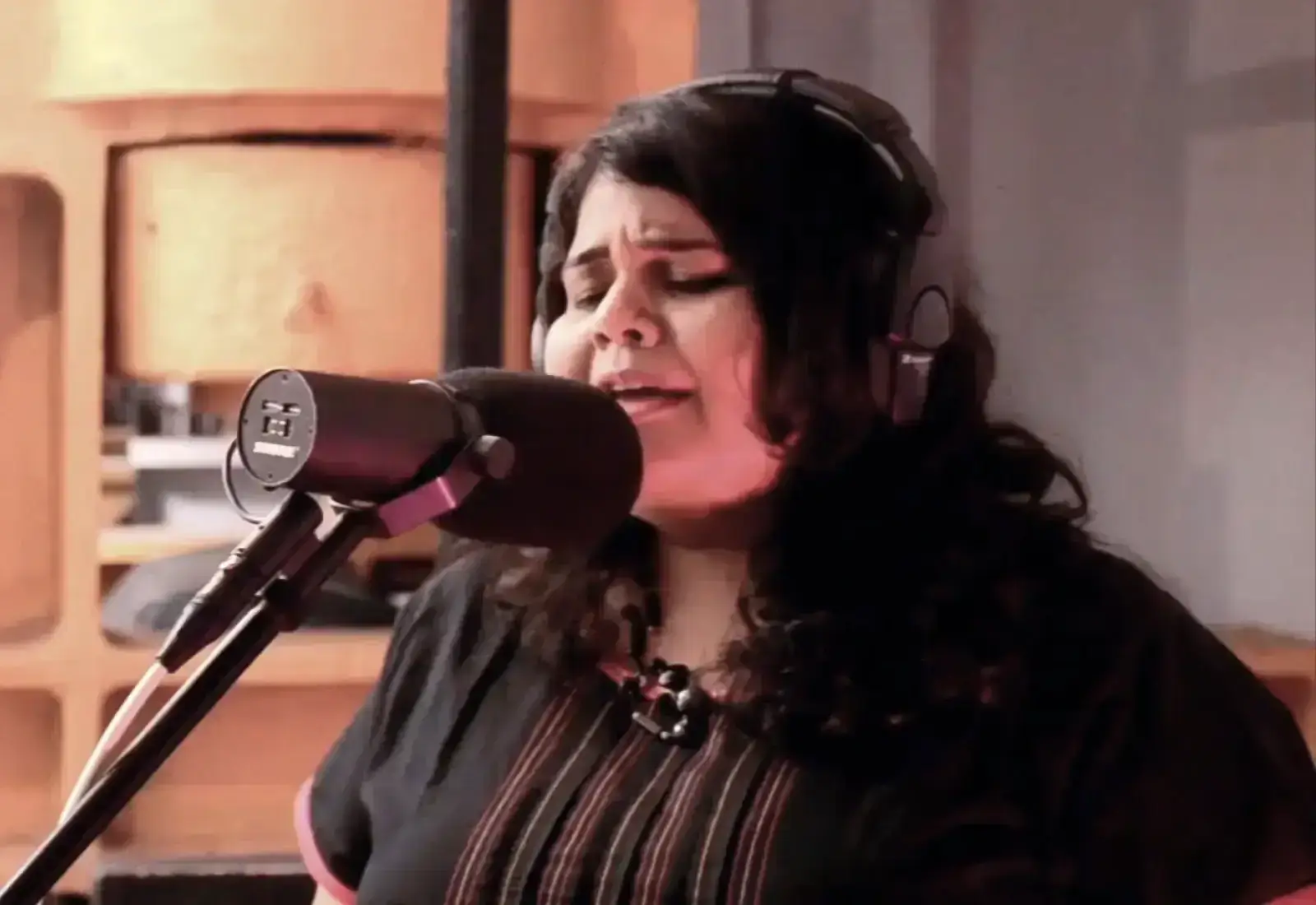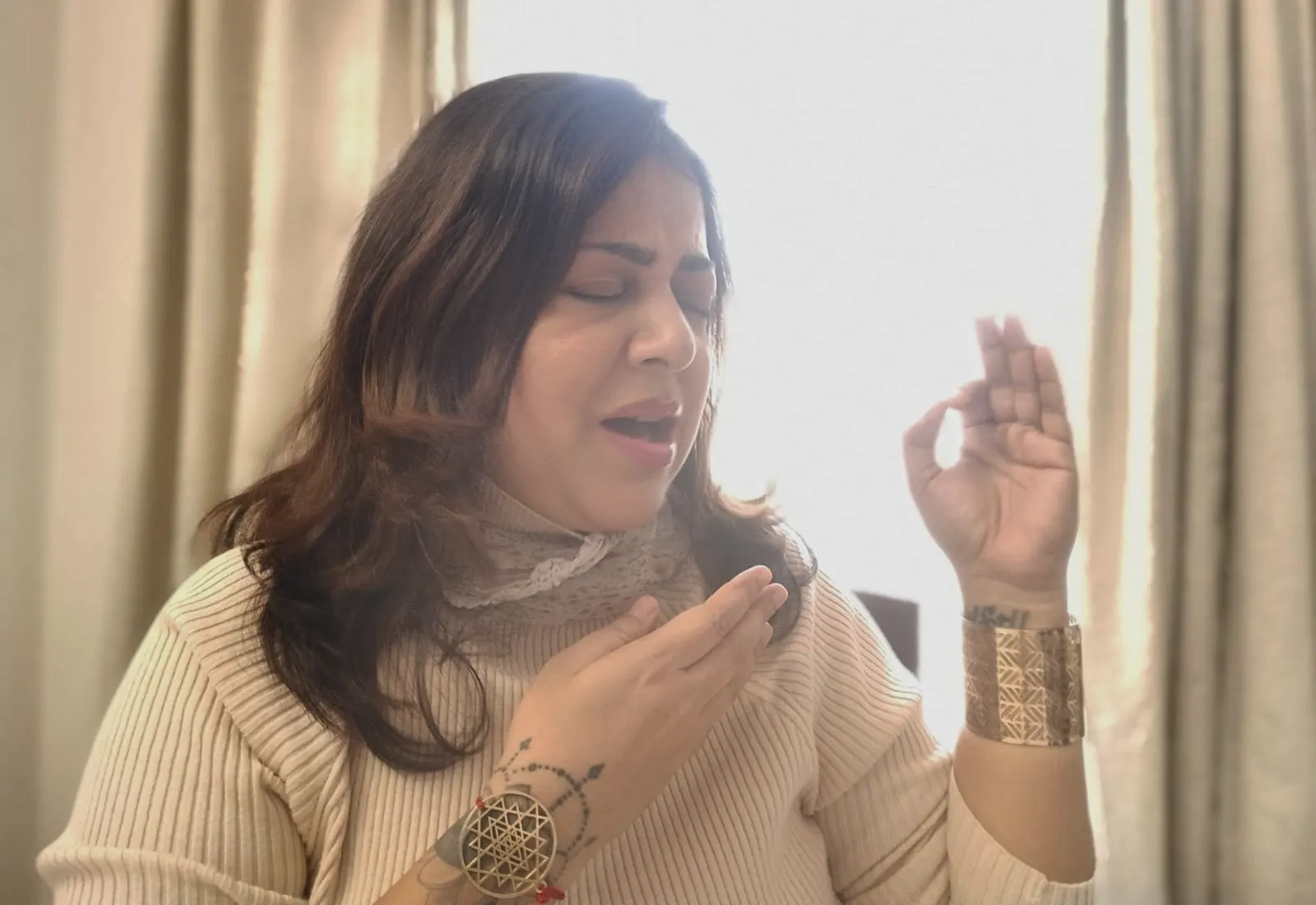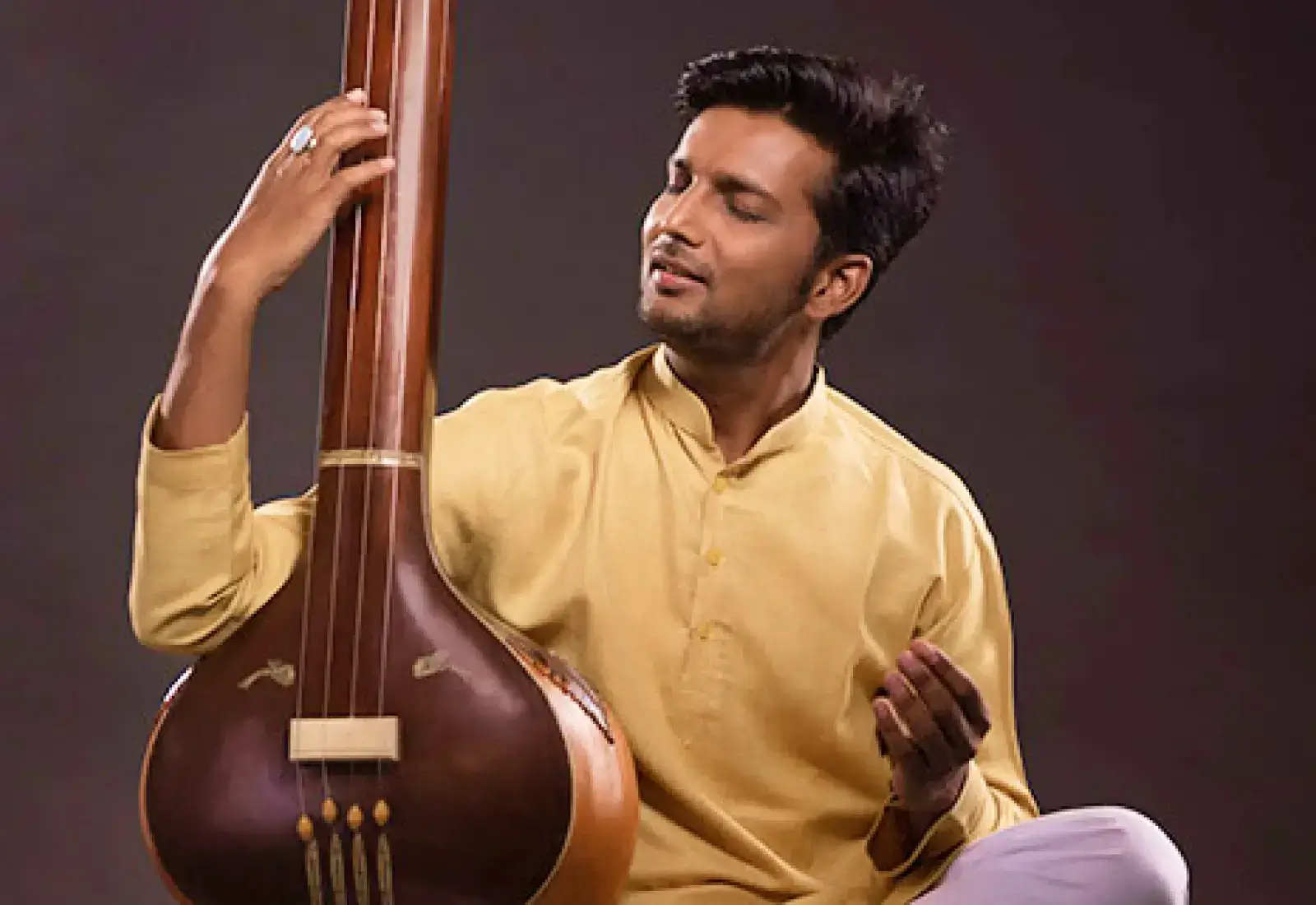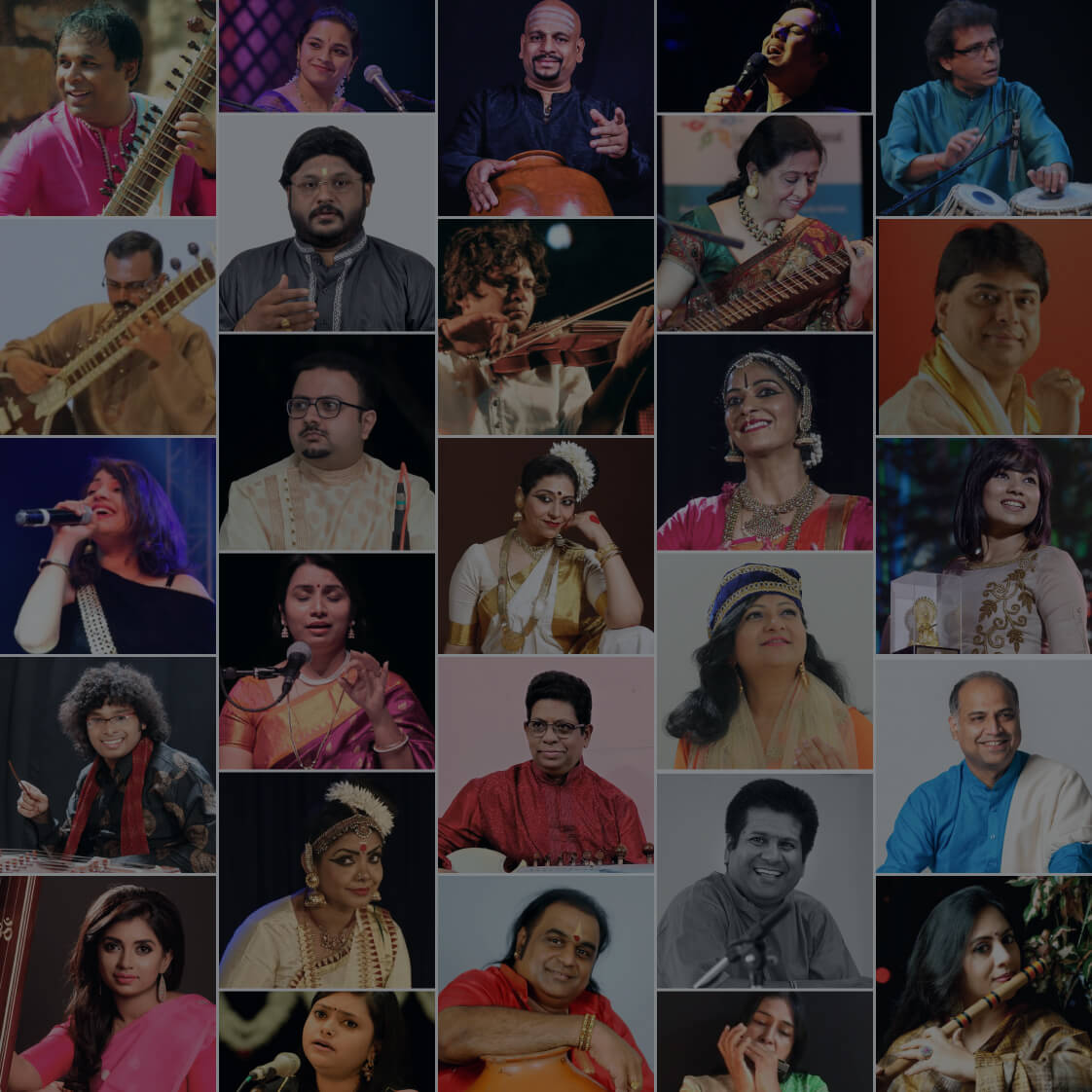5 Things to Keep in Mind While Taking Online Singing Classes
Singing is always liberating, don’t you think? From helping us relax to being a vocal expression of one’s emotions and feelings, singing is a melodious experience
Our vocals always match our favorite songs, from humming casually to singing lullabies for newborns, and why not?
While some individuals take singing lessons when they are young, some have always wished to, but have never really come around to taking it up until now.
Beginners have different aims when it comes to pursuing singing - some wish to be professionals while others prefer to master the hobby so that they can kill it at karaoke
But, how does one go about it if one wants to join an online singing class or learn under a music teacher from this e-learning platform?
Is it extremely technical? Do the teachers suggest following a certain diet or avoiding the consumption of certain things?
As beginners, things can be quite tricky if you are not acquainted with music or singing. But here we come, bringing you a beginner’s guide to get you acquainted with our live, e-learning experience.
We spoke to our acclaimed set of singing mentors to cover all your inquisitiveness, giving you a detailed insight on what are the key points while joining singing classes.
Here are some tips you need to keep in mind while learning to sing online:
1. Keep realistic expectations from your mentor and yourself
The first point you need to remember is that singing cannot be completely mastered by a beginner in a short while.
From figuring out what pitch you sing to teaching you the various warm-up vocal exercises, the path to mastering singing is long and effort-mandatory.
Your ipassio mentor is going to divide the beginner’s course depending on your progress so if you were expecting to sing full-length songs in days, that is not the case.
Some beginners also assume that with a good mentor, singing might be way easier. But that’s also not the case - singing is a vocal expression that requires a lot of hard work and perseverance if you want to get it right.
By following the mentor’s guidance diligently, you will be able to master the art of singing melodiously. You will also have to dedicate the needed time and patience so that you can hone your hobby at a good pace.
From the initial things that your teacher may teach you to not stressing your vocals out - it is a detailed process on your way in.
A beginner vocal training course would require you to first pick up the basics of singing - from finding your pitch to practicing the seven musical scale notes every day for a certain amount of time.
For example, this would be the set of ‘Sa, Re, Ga, Ma, Pa, Dha and Ni’ scales in Indian Classical Music and the set of ‘Do, Re, Mi, Fa, So, La, Di and Da’ scales in the Western Classical Music.
As a first-timer or a beginner, it could easily take up to a minimum of six months, on an average scale, to figure out a basic song.
So, it would be best to give yourself a lot of time in terms of practicing and expecting good results.
2. Start practicing initially in the mentor’s presence and guidance
As an eager learner of a hobby, you might feel like practicing more often, because practice leads to perfection. And, rightfully so.
But when it comes to singing in particular, the right kind of practice is what leads to perfection and a practice gone wrong could lead you to the wrong side of the learning tracks or strain your throat.
The one piece of advice that every ipassio singing mentor has to offer is to avoid starting on your own is dangerous for the sole fact that many times, beginner students wish to venture out and try out various techniques by themselves.
This is great if you have covered the basics but if you haven’t, it’s better to catch up with your instructor and closely monitor your progress.
3. Follow the breathing techniques religiously for good results
In the initial few classes, music teachers will be covering all things basic and these would include breathing techniques because you have to have clear breathing to have steady vocals.
These breathing techniques may seem very tedious to practice every single day, along with singing but they are indeed, very essential.
Many beginners wonder why so much emphasis on breathing techniques.
Well, it’s to make sure that you have healthy, strong lungs that can have the stamina to learn and continue singing all kinds of notes and complete them, without losing breath.
All singing mentors may mainly cover four types or stages of breathing that are followed by singers in general:
- Inhalation,
- Suspension,
- Controlled Exhalation and,
- Recovery.
These are important as they modulate how your voice sounds and determine how long you can hold your note at a desirable pitch. It also strengthens your breathing as you move forward.
4. Strengthen your throat muscles via exercises suggested by the teacher
Beginner students must remember that vocal cords and throat muscles are the most essential part of this hobby.
The maximum amount of attention should go into making sure that they are healthy and can deliver the ultimatum.
While it is an age-old debate that diets make a difference in your vocal abilities, most singing mentors don’t suggest extreme diets or diet fads.
It would be most favorable if you choose to keep yourself healthy for the course to get the best result.
If you want to commit to a diet, do so after consulting your mentor and keeping in mind, your own body’s restrictions (like allergies) and so on.
Some of our mentors suggest that if students are attempting to maintain a strict dietary regime to nurture their vocal cords then a protein-rich diet works wonders in their favor.
Avoiding consumption of very cold things (like ice cream, cold drinks, and ice cubes), alcohol, and inhaling any kind of smoke are some of the things that you could begin with if you wish to be extremely disciplined about your diet and intake.
Keeping yourself hydrated is another important factor that you should always remember.
5. Explore more songs of different kinds to develop a specific interest
This point is similar to a suggestion of completing your homework but even better - complete the research behind the hobby that you always wanted to excel at.
Singing is synonymous with variety - out there, there are so many different genres, and different types of music that you might get confused about which one to focus on, going ahead.
But as you start learning the basics of singing, you will get the hang of what you are good at and it will be easier to figure out your style of singing.
But it’s important to remember that knowing the genre you fit in only comes after you try out many.
Listen to more songs to get a hang of the kind you like, the kind that you would wish to learn more about, go ahead. Not only does this give you clarity, but it also motivates you to learn better.
Singing is a passion that could be followed anywhere, from any part of the world, with the help of e-learning through ipassio.
Apart from the points that have been mentioned above, our experts suggest that the enrolling student should have clarity as to what he/she would wish to achieve with the duration of the course - whether it’s to just enhance their level in the hobby or consider pursuing it seriously.
Our set of talented singing mentors makes the ideal fit for your musical journey. Join ipassio and request a free, online meeting session to begin your singing sessions today.




